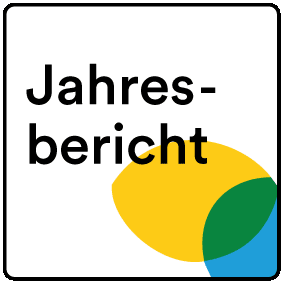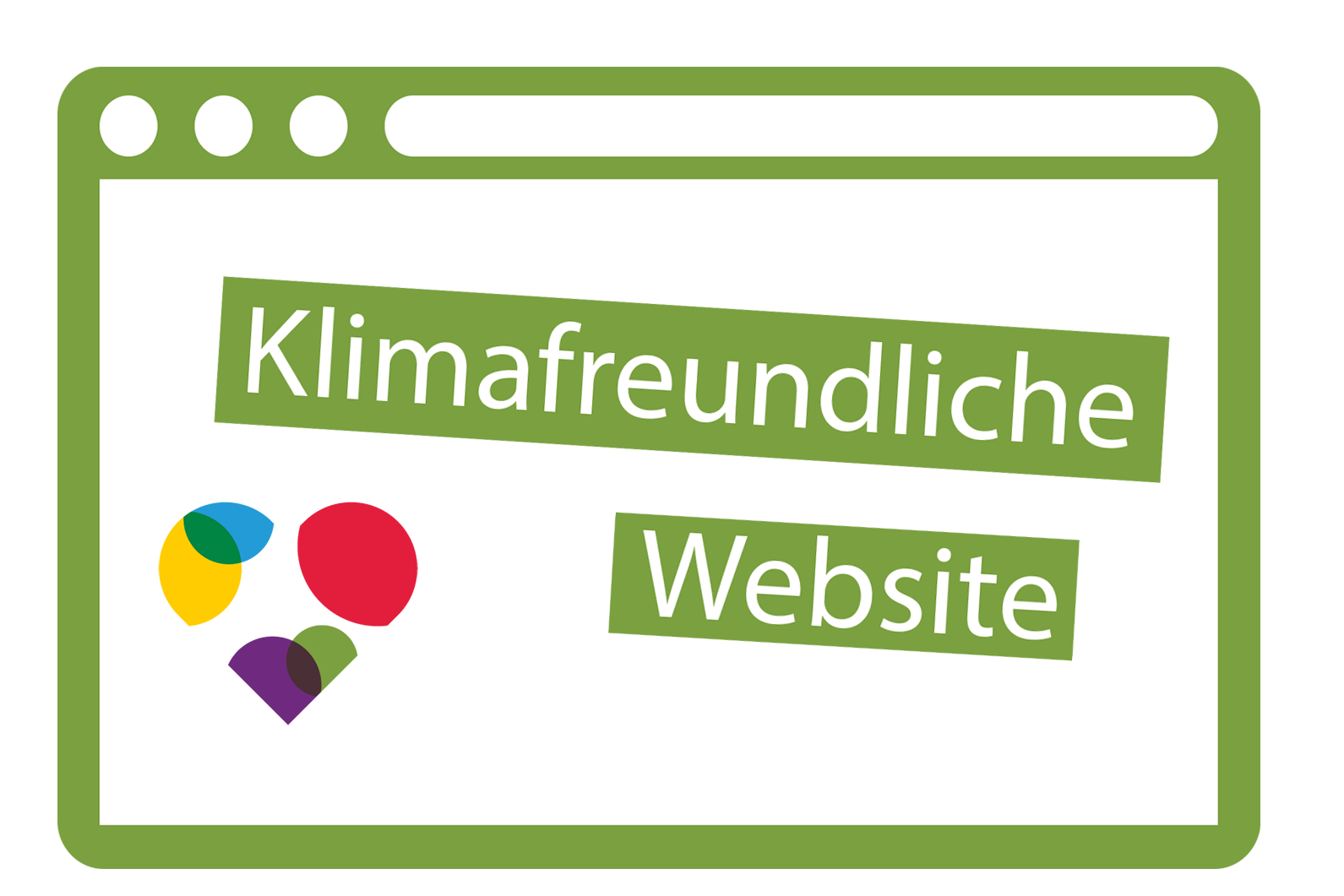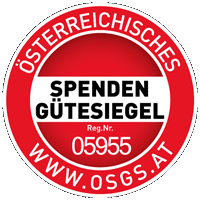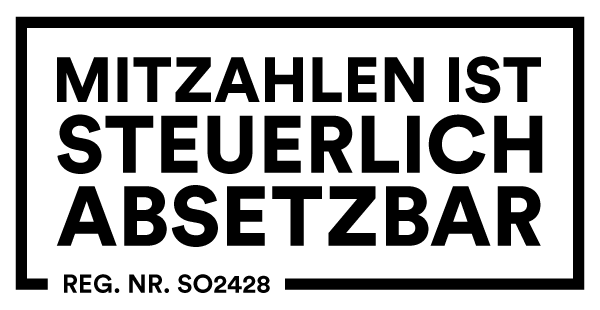What information you can find here
On this page, plan:g lists several sources of information to help you better understanding the ongoing COVID-pandemic. Understanding the current challenges is necessary to be able to react appropriately. We need to learn from one another, in partnership. We share both technical information (medical treatment, public health) and thoughts that are relevant to believers (is COVID-19 a punishment?).
Severe acute respiratory syndrome coronavirus 2 (SARS-CoV-2) is a new type of corona virus that causes coronavirus disease 2019 (COVID-19). The virus can be transmitted from person to person. By January 2020, the virus had spread from the city of Wuhan in the Chinese province of Hubei. On 11 March 2020, the World Health Organization (WHO) declared the spread of the coronavirus a pandemic, a global epidemic.
COVID-19 is not only a health crisis. It effects the economy in unprecedented ways. The potential for political confrontations is high. Some EU governments took unilateral actions regarding emergency measures. Others are attempting to benefit politically from the pandemic. In some cases, the crisis is misused as a pretext for destroying democratic checks and balances, social standards, or labor rights.
God cares for anyone. What does that mean today? Church needs to protect and to heal. Church has to take responsibility for the health of individuals, and for democracy and human rights. This is about mercy.
Social distancing, a concept that works well in Europe, is a lot more difficult in places where people live under very different conditions. However, plan: g advocates a break from church services. In many partner countries, people continue to come together for church services. As there is no easy blueprint solution, this site is about the beginning of joint learning. A good practice is the Pan-European Privacy-Preserving Proximity Tracing.
All links on this site have been tested and are secure. Please note, however, that there is a growing risk of Internet fraud during this pandemic.
Essentials
COVID-19 is a humanitarian crisis. In your response, you need to apply SPHERE-standards.
Build on the the learning experience of the do-no-harm approach and follow your oath: Primum non nocere.
In recent weeks we received a number of request concerning the manipulation of ventilators in order to allow for multiple treatment of patients. Sharing mechanical ventilators should not be attempted: Please refer to the joint statement of The Society of Critical Care Medicine (SCCM), American Association for Respiratory Care (AARC), American Society of Anesthesiologists (ASA), Anesthesia Patient Safety Foundation (APSF), American Association of Critical‐Care Nurses (AACN) und American College of Chest Physicians (CHEST)Society of Critical Care Medicine (SCCM), American Association for Respiratory Care (AARC), American Society of Anesthesiologists (ASA), Anesthesia Patient Safety Foundation (APSF), American Association of Critical‐Care Nurses (AACN) und American College of Chest Physicians (CHEST).
MEDBOX developed a COVID-19 toolbox containing the latest situation updates, clinical guidelines, infection and prevention control measures, and infographics for the public. The tool offers resources in multiple languages and is constantly growing.
The Lancet Resource Centre brings together new 2019 novel coronavirus disease (COVID-19) content from across The Lancet journals as it is published.
Learning in partnership: Catholic perspectives from Austria on power, the virus and G*d
In Austria, the COVID-19 crisis started in Tyrol. Hundreds of tourists contracted SARS-CoV-2 in Ischgl, one of Tyrol’s most popular ski resorts, turning the little town into a COVID-19 hotspot. On 5 March, Iceland officially declared Ischgl a risk area.
However, it took the local authorities nine additional days to isolate the area. Ski operations continued until 8 March. Skiing is big business!
High-ranking church leaders supported the local government, protecting it against critics with strong and assertive words (via Facebook on 17 March: “disgusting [...] notorious know-it-alls [...] make our country sick”; in a church-service for the Tyrolean state holiday, 19 March: “the search for those responsible is [...] hurtful, energy-consuming, pathogenic and like poison”.
Some of these statements have since been revised, showing church in its true color: We can learn.
It is clearly inappropriate to compare people exercising a fundamental right to ask political questions with a disease. The same is true when framing the response to COVID-19 in military terms (Donald Trump’s notorious “war against the China virus” being only one example). Language matters. Language is about power. Language can frame certain interpretations and sideline others. It is much easier to resort to heroic narratives of a military mobilisation than to analyse the complexities of the skiing business, environmental protection, health and our own involvement. Do we want to normalise war? Or do we want to reflect our individual being and our being as a church? COVID-19 is a desaster. And yet another indicator to re-assess, as Remco van der Pas put it some years ago, global health in the anthropocene.
In addition to this we highly recommend the following articles, reflecting the discussion within the Austrian catholic church concerning power, the virus and G*d.
Is the Covid 19 pandemic a punishment from God?
In the current situation, the question of whether the Covid 19 pandemic might be a punishment from God is repeatedly being asked. The answer to this question, which goes to the very heart of faith and theology, varies depending on your perspective. Based on two statements in which the opinion is expressed that God is now punishing us for our sins, the theologian Dr. Bernhard Wenisch offers starting points for possible answers to these and similar questions in his text.
Is the Covid 19 pandemic a punishment from God? "Yes" – this position is developed in an Internet portal by the Italian historian Roberto de Mattei[1], who is known as a representative of strongly traditionalist views. He had also made similar comments on the earthquake/tsunami disaster in Japan, referring to it as "proof of the existence of God" and "just punishment"[2]. God is infinite justice, he rewards good and punishes evil – not only in the individual man, but also in families, cultures and peoples. The individual already experiences this righteousness of God to a certain extent in this life, but well and truly, however, in eternity. Nations and peoples, as they do not have eternal life, would be rewarded or punished on earth. De Mattei does not shy away from drastic formulations: God "chastises" by "divine scourges", he takes "revenge" (according to Thomas Aquinas). He does this with the help of natural causes (such as a virus), but they are ordered and regulated by him – in this way the Covid 19 pandemic too can emerge as something similar – a punishment. But what is it imposed for? As a philosopher of history and theologian, De Mattei knows the answer: the great sin being punished here is the loss of faith of churchmen as a whole, with its dire consequences for the Church and society: the constant theme of all Catholic traditionalists who reject the ecclesiastical developments of the last 50 years.
"Yes and no," says Fr. Franz Schmidberger of the Priestly Fraternity of St. Pius X in response to our question[3]. The "no" is intended to rule out the idea of a "vengeful" God. But then Schmidberger states that God is "avenging" his honour, because man has tried to put himself in his place through science and technology. From the Bible’s perspective, that God punishes sins is self-evident. Jesus, too, understood the demise of Jerusalem, which he had foreseen, as a punishment for the city’s faithlessness. In the later history of the Church, "war, epidemics, earthquakes and other terrible visitations were always recognised as God's punishment". God can play with the nature he has created just as effortlessly as he would a piano. In the event of fortunate circumstances, he plays with ease in the most beautiful major tonality. However, in the event of disasters he could also allow atonal music, if it was beneficial for the salvation of souls. For Schmidberger, the current Covid 19 pandemic is divine punishment for the spiritual and moral decay of society that has set in in recent decades. Here he highlights abortion in particular: a society that kills children en masse in the womb “has actually forfeited its right to life before God and provoked divine judgement".
For me, these two articles, which are similar to each other in their basic assumptions, raise questions that go to the very heart of faith and theology. Only starting points for answers can be given in this statement.
Collective misfortune as a just punishment?
Punishment should therefore be seen as an expression of divine righteousness, God's just response to sin – such as apostasy and the violation of fundamental ethical values. This punishment befalls a collective of people in the form of misfortune instructed by God and affects all who belong to it, indiscriminately and by blind coincidence: infants, children and adults, those who live responsibly and those who live irresponsibly from an ethical point of view, "believers" and "non-believers". If one really wanted to talk about justice here, the principle of "suum cuique" – to each his own – would have to be applied in some form. But what is happening here is the direct opposite. It really has nothing to do with justice.
Ultimately, punishment makes no sense if it is not understood as such by those it is directed at. Now, however, in the case of the Covid 19 pandemic, the vast majority of those affected are unaware that they are now being punished. Today things are different from the way they were in earlier times, when everything was perceived and explained from a Christian world view. Disasters were generally seen as God's punishment – but of course this would mean the acceptance of a permanent penalty, given the constant visitations that hit society. Today, "history theologians" such as De Mattei, who represent this view, tend to be more in the minority and are unlikely to be understood effectively outside their subculture.
You can therefore neither argue that collective misfortune could have something to do with justice, nor that it can be understood as punishment by the majority of those affected.
Does God "want" natural disasters, epidemics and wars?
This question strikes right at the core of theodicy: how can it be that God is good and omnipotent, and yet there are numerous evils in nature that animals and human beings suffer from, and there is evil in the human world? There is no easy answer here, but some key points should be mentioned.
When it comes to the Christian belief in the absolute goodness and goodwill of God towards man, we can safely say: God does not want people to be afflicted by evils of nature, e.g. earthquakes or epidemics, and even less does he want oppression, exploitation and war. So why then do all these things exist? We believe that God, as Creator, evokes everything and remains close to everything.
In the case of evil in the human sphere, the question is still relatively easy to answer. For the sake of human freedom, God does not prevent people from doing evil. Freedom of choice and action are inextricably linked to the human person. Without them, we would have no real insight and that is something I cannot demonstrate here. Freedom and love are also linked. So, if God wants the freedom of man and thus man in general, then he must accept evil as a negative possibility of freedom, "tolerate" it if you will. Traditional theology refers to this as "allowing".
Evils of nature exist because nature itself is also an autonomous entity. It acts by way of its own powers and energies in the formation and development of the universe and biological evolution. Human freedom, too, could not have developed without this independence of creation. However, this can repeatedly result in sets of circumstances experienced by animals and humans as evils (often associated with pain and suffering).
God does not want to stand in the way of human freedom. Even when people abuse it to do evil, for example to incite wars. Nor does he intervene directly in nature to prevent suffering. Nevertheless, he does not withdraw from the world, since he entered into it in the covenant with Israel and personally in the form of Jesus. He makes history through dialogue and by engaging with people. He actively approaches people in the revelation of God, particularly in the miracles, and also in phenomena of nature that allow people to experience him. In Jesus, God's Word has even become man, speaking, acting and suffering personally as this man, and the Spirit of God grasps people from within to inspire them to adopt faith and practise love.
God is close to us, especially amidst the challenges of the Covid 19 crisis
So, the Covid 19 pandemic is not a punishment from God. It is not sent specifically by God, but because of the serious impairments of all kinds that it entails, it belongs to the particularly challenging reality of life and creation that surrounds us. God is as present in the pandemic as he is in anything that we encounter. He wants us to face up to it and gives us the strength to cope with its difficulties. Here I am also thinking of the help we can give to our fellow human beings and the whole of society. But perhaps we should reflect our perspective of death. It also seems to me that, in such a crisis, shortcomings in the social system are particularly apparent[4], a factor which is particularly worth considering. People should then become more aware of this, for example of specific dangers posed by globalisation. Of course, it can also happen that social problems are then completely silenced – the situation of refugees, for example. I think there are also major challenges here.
The enduring sensse of "punishment"
Our ethical decisions have consequences. Ethical failure (="sin") may bring us short-term benefits, but it harms others and ultimately ourselves. If we turn away from such a negative decision, i.e. "turn back", we still have to be reconciled with the people concerned and possibly make good the damage done to them. We also need to deal with the destructive consequences for ourselves. Negative attitudes that have arisen in us must be discarded. From the point of view of the believer, God expects him to process the consequences of sin, which also remain after conversion, and God relies on men’s capacity to cope with it. And also beyond death, since we must "take" many things that remained unresolved with our fellow human beings and within ourselves “with us” and be purified of them.
Thus, in this processing of the consequences of sin before and "after" death, I see the actual meaning of punishment. In this respect, the individual believer can also experience his own particular challenges in the Covid 19 crisis, which he has recognised in the light of the Holy Spirit through prayer and meditation, as an opportunity for purification willed by God. And this can also be applied to society as a whole: the epidemic is not a punishment imposed by God, but society is challenged to draw the right conclusions in this situation. In doing so, it can also recognise some undesirable developments as being such and break new ground.
Rethinking certain traditions
Biblical thought and Christian theology have repeatedly tended to see God's punishments as an external sanction. It was supposed to humble people and bring them to their senses. This also resonates strongly in the two texts at the beginning: "People must be left helpless once again ... and left with fear." (Schmidberger). However, this view should probably be blamed on hierarchical social structures that have not been questioned for a long time, and which have been transferred without being questioned to the relationship between God and man and are still being transferred in some cases.
Today we tend to regard any encounter between God and man as being "on an equal footing". God's creative power reaches its climax in the release of man, whom he wants to have as his interlocutor. When God judges people, he does it in such a way that he leads them from within – towards the knowledge of God. The "punishment" is not imposed from an external source but is the organic result of our own, human, self-judgment.
Bernhard Wenisch, April 2020
Original Article (German) reproduced with the kind permission of Bernhard Wenisch and mEinblick.
________________________________________
[1] https://katholisches.info/2020/03/17/ist-coronavirus-eine-strafe-gottes-56561. In a special issue of the magazine “The 13th” published on 27 March, Stephan Frey of the Priestly Fraternity of St. Pius X has incorporated key parts of the article (6-7) under the title “A Scourge of God?” See also: Alfons Adam, “The Crisis is a Sign from God!”, 8-9. In this special issue, however, the Covid 19 pandemic is generally played down. To cater for the public point of view, conspiracy theories are hinted at.
[2] https://de.wikipedia.org/wiki/Roberto_de_Mattei
[3] https://fsspx.at/de/news-events/news/das-coronavirus-spiel-der-natur-oder-strafe-gottes-56561
[4] https://www.feinschwarz.net/die-zehn-plagen-strafe-gottes-oder-zeichen-der-hoffnung/
Data: understanding the dynamics of the pandemic
Information is crucial. As there is a lot of false info around, WHO published a helpful myth buster.
Viruses can grow exponentially, not linearly. Exponential growth defies human understanding. In order to start understanding such a growth, we recommend watching this video (starting from minute 1'20).
The Austrian government publishes a dashboard with daily figures for Austria.
The Robert Koch Institute (RKI) publishes daily information concerning the situation in Germany.
International figures can be found at WHO and at the Johns Hopkins University (JHU).
Check the dashboard of the African Union.
There are some differences between the numbers of RKI, JHU and WHO. This is due to several reasons. Germany is a federal republic. The federal states have their own reporting system. It takes time to accumulate the numbers, to report to Berlin, and to sort out the figures. The data from Johns Hopkins University comes from various sources and can therefore differ from those of RKI and WHO. In general, data inconsistencies in countries like Austria, Italy or Germany are quite small. They do not affect the overall perspective on the development of COVID-19 in Europe in a significant way. It is important to understand that RKI is slower in reporting than JHU, but more accurate on the German situation. However, when it comes to countries with weaker reporting systems, the JHU numbers are more accurate.
In countries with weaker statistical systems, such as in East Africa or the Arab States Region, the reporting challenges are much bigger. It starts with the availability of testing equipment. As for the statistics of other countries, we advise you to check the relevant sites of the MoHs such as in Uganda, or to have a look at alternative resources (such as Wikipedia for Tanzania). However, it is essential to always cross-check these numbers with those of JHU, which are as of now most accurate for these countries.
Multi-lingual info on the disease (incl. Arabic)
The Austrian okay.zusammen leben provides multi-lingual information. So does the Austrian Federal Ministry of Social Affairs, Health, Care and Consumer Protection.
RKI publishes information on the virus in English.
You can find multi-lingual information on COVID-19 at the Ethno-Medical Center Germany.
The German Association for Unaccompanied Refugee Minors (BumF) provides information and a link-list with information in different languages. Notably, BumF links to the Order of Saint John (Johanniter), which provides information in Arabic, English, French or Turkish.
On the German site Infektionsschutz you will find informative videos in Arabic.
The German tageszeitung (taz) publishes comprehensive information on corona for Arabic readers.






